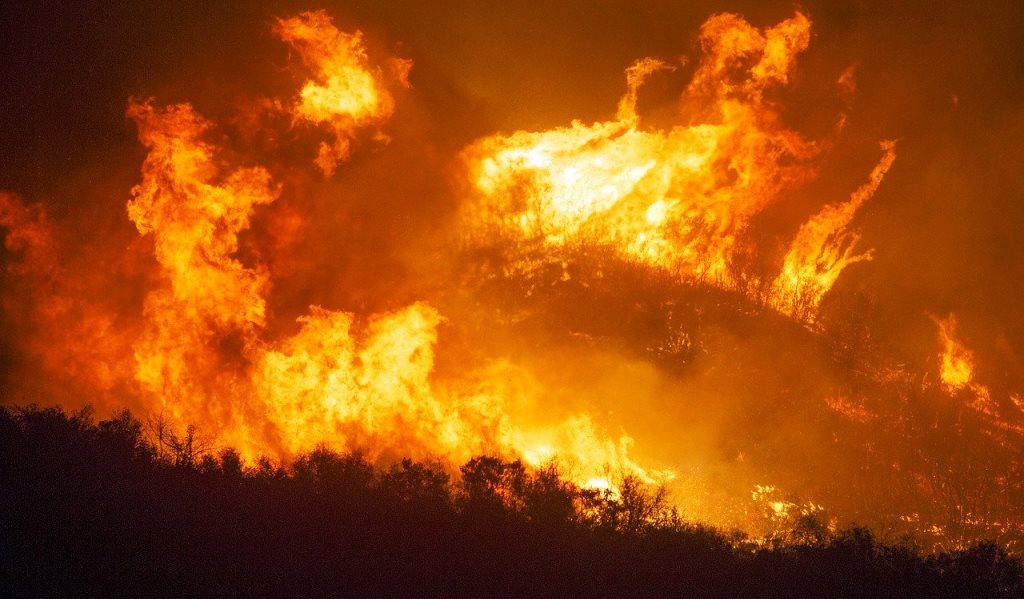On November 21, 2019, government and business leaders joined scientific and environmental experts to discuss the impact of climate change on the natural disasters that devastate American communities at the Climate Change: Response and Resilience Leadership Forum at Columbia University in New York City.
As the effects of climate change have intensified, dangerous weather events have increased in frequency and severity. The Climate Change: Response and Resilience Leadership Forum was held as the Kincade Fire, Tick Fire and Getty Fire recently burned nearly 200,000 acres in California. More than 600,000 California residents have recently gone without power as a direct result of wildfires in the state.
Communities throughout the United States suffer from the damaging and sometimes devastating effects of tornadoes, floods, droughts and other natural disasters. Additionally, this is the fourth consecutive year that the Atlantic hurricane season has delivered an above-average number of storms and the fifth consecutive year that a storm has formed before the official start of the season.
Sponsored by RenaissanceRe, this forum is the 14th in a series of award-winning events aimed at developing risk mitigation techniques to safeguard communities and supporting efforts that reduce economic turmoil following disasters.
In conjunction with Columbia University’s Earth Institute, the Climate Change: Response and Resilience Leadership Forum featured 30 expert speakers who explored how policymakers and government agencies can better protect communities facing extreme weather events.
“There is no doubt that climate change is making extreme weather events more frequent and more severe. Communities across America and the world are increasingly exposed to climate-related risks including floods, hurricanes and wildfires,” said Stephen Weinstein, group general counsel of RenaissanceRe and chairman of the RenaissanceRe Risk Sciences Foundation.
RenaissanceRe created the RenaissanceRe Risk Sciences Foundation to support advanced scientific research in natural catastrophes, the development of risk mitigation and adaptive techniques to safeguard communities, efforts that reduce the economic turmoil following disasters, and organizations that preserve coastal and other risk-exposed habitats. The Foundation promotes education, preparation, adaptation, and mitigation of catastrophic risks.
“We are pleased so many thought leaders gathered to tackle these urgent issues and improve our nation’s response to these destructive events. Through collaboration and innovation, we can work together to enhance the physical and financial resilience of households, businesses and governments in even the most high-risk regions,” Weinstein added.
The Climate Change: Response and Resilience Leadership Forum featured a keynote address and five panels that delved into the risks, socioeconomic impacts and responses to natural disasters.
Jared Snyder, Deputy Commissioner for Air Resources, Climate Change & Energy at the New York State Department of Environmental Conservation gave the event’s keynote address and highlighted the fact that climate change is one of the biggest threats facing our nation, even though many resist its current and future dangers.
Other featured speakers and panelists included Ben Diamond, Florida House of Representatives 68th District; Eric Wilson, deputy director of Land Use and Buildings from the New York City Mayor’s Office of Resiliency; Nora Ostrovskaya, acting senior director for Metropolitan Transit Authority Office of Strategic Initiatives; and Adam Sobel, professor of Applied Physics and Applied Mathematics and of Earth & Environmental Science at Columbia University.
Photo of fire in the Los Padres Mountains of California by skeeze from Pixabay.
See Climate Change: Response and Resilience Leadership Forum website.

